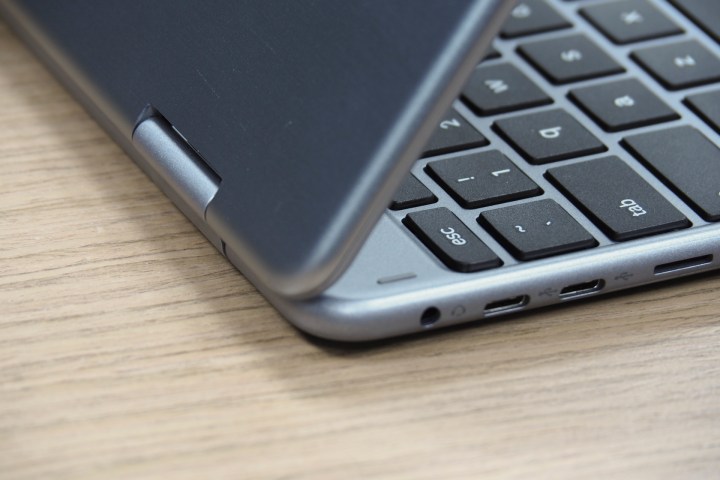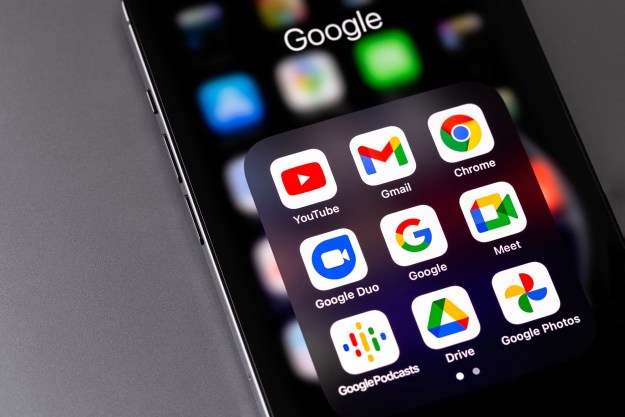
With Google making subtle visual changes to Chrome OS to make the platform look a bit more like Android, Chromebooks have come a long way. In the latest development, it is looking as though Chromebooks might also soon get support for adoptable storage via SD cards, allowing consumers to expand the available internal memory on their systems.
According to a report from 9to5Google, Google is currently “tracking” the option for adoptable storage on ChromeOS. Building on the current limited ability to use an SD card for Android apps, the support for this feature could expand on base 32GB eMMC on most cheap Chromebooks, resulting in extra storage space for all Chrome OS apps to access. Unfortunately, Google’s bug tracker reveals that adoptable storage might not be a final feature as of yet, as there are still issues with possible data loss and corruption.
“Just to set expectations, we currently don’t have a concrete plan for implementing this. Android’s recommendation (CDD) is to implement adoptable storage in a long-term stable location since accidentally disconnecting them can cause data loss/corruption, but the majority of Chromebooks don’t have such a location,” explains Google.
It is still unclear from the bug tracker how exactly adoptable storage would be implemented on Chrome OS, but Google seems to suggest that it might only be for select devices where the SD card cannot be removed easily. That is a bit strange, considering that most Chrome OS devices like the Samsung Chromebook Plus v2 have exposed MicroSD card slots. Even stranger is that newer Chrome OS devices like the Pixel Slate or the Google Pixelbook lack an SD Card slot altogether, so the feature might not exactly be useful for consumers with premium devices.
Either way, Chrome OS has evolved a bit since it was first introduced, and along with some features in Chrome OS 71, adoptable storage could be another step in evolving the platform into something closer to Android. In our review of the Google Pixel Slate, that’s what we found especially ambitious about the device. With support for the Google Play store, it attempts to resurrect the
Editors' Recommendations
- 5 web browsers you should use instead of Google Chrome or Edge
- How to use Google Gemini, the main challenger to ChatGPT
- Watch out: Google Drive may have lost months of data
- I finally upgraded my Google One storage. Here’s why I might never do it again
- This Google Chrome feature may save you from malware


